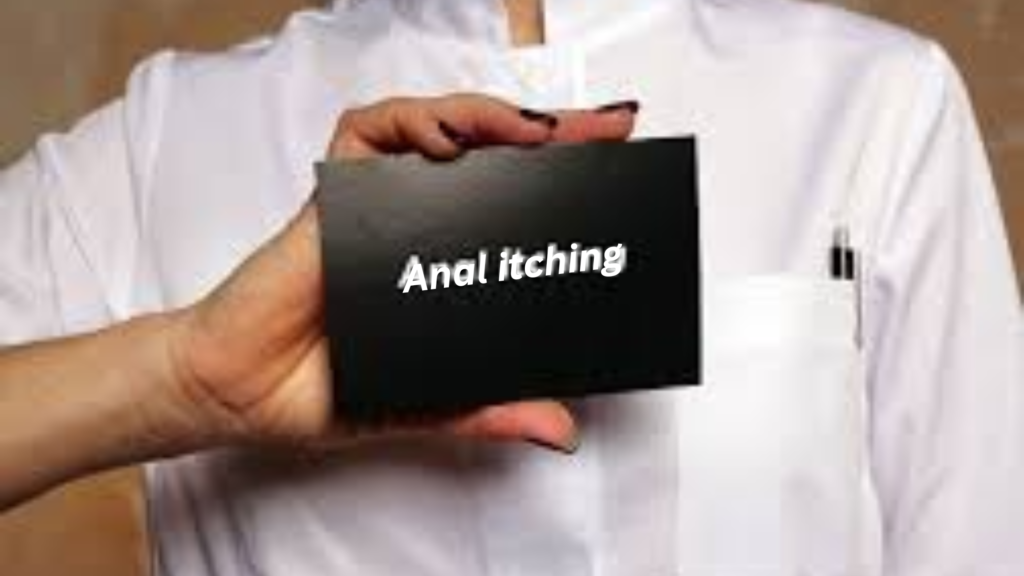Anal itching (also called pruritus ani) is an uncomfortable itching or burning sensation around the anus. It may be temporary or chronic, and is often worse at night or after bowel movements.
🔍 Causes of Anal Itching
🔹 Dermatologic/Irritant Causes
- Poor hygiene (residual stool or sweat)
- Excessive cleaning (wipes, soaps, perfumes)
- Moisture (sweating, tight clothing)
- Hemorrhoids
- Fissures or skin tags
- Contact dermatitis (due to scented toilet paper, creams, detergents)
🔹 Infectious Causes
- Pinworms (especially in children; itching worse at night)
- Fungal infections (e.g., candidiasis in diabetics or obese patients)
- STIs (e.g., herpes, HPV, gonorrhea)
- Bacterial skin infections
🔹 GI/Rectal Conditions
- Anal fissure
- Hemorrhoids
- Fistula or abscess
- Rectal prolapse
- Incontinence or leakage of stool
🔹 Systemic Causes
- Diabetes
- Liver disease (cholestasis)
- Food sensitivities (coffee, spicy food, alcohol, citrus)
🔹 Parasitic Infection
- Enterobiasis (pinworm) — common in children and contagious
🔬 Diagnosis
- History: hygiene habits, bowel habits, diet, timing of itching
- Physical exam: inspect perianal skin for rashes, lesions, fissures, discharge
- Tape test (for pinworms, in children)
- Stool exam (if infection suspected)
- Skin scraping (if fungal infection suspected)
💊 Treatment
✅ General Measures
- Gently clean area with plain water; pat dry
- Avoid irritants (scented wipes, harsh soaps)
- Loose, breathable cotton underwear
- Keep area dry (use soft tissue, zinc oxide, or talcum powder)
- Avoid scratching, which worsens irritation
✅ Topical Treatments
- Mild steroid cream (e.g., hydrocortisone 1%) — short-term only
- Antifungal cream (e.g., clotrimazole) — for fungal cause
- Antihistamines — for nighttime itching
- Barrier creams (e.g., zinc oxide or petroleum jelly)
✅ Treat Underlying Cause
- Anthelmintics (e.g., albendazole or mebendazole) — for pinworms
- Treat hemorrhoids, fissures, or infections if present
- Adjust diet if food triggers suspected
❗ When to See a Doctor
- Persistent itching despite hygiene changes
- Signs of infection (discharge, redness, swelling)
- Bleeding or pain
- Suspected worms or STIs
- Recurrence or chronic symptoms
